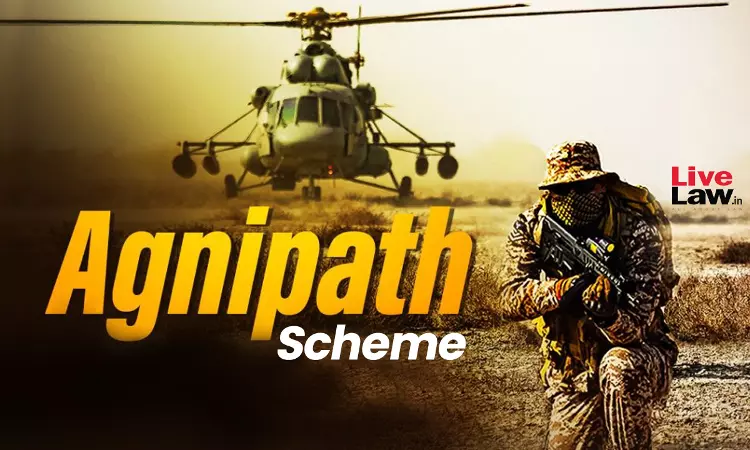The Kerala High Court on Friday dismissed a petition filed by 28 aspirants for enlistment in the Indian army challenging the Central Government's Agnipath scheme.Justice N Nagaresh dismissed the writ petition and held that the petitioners have not advanced any tangible reason warranting interference by this Court in the Agnipath Scheme.The Court observed that the method of recruitment to...

